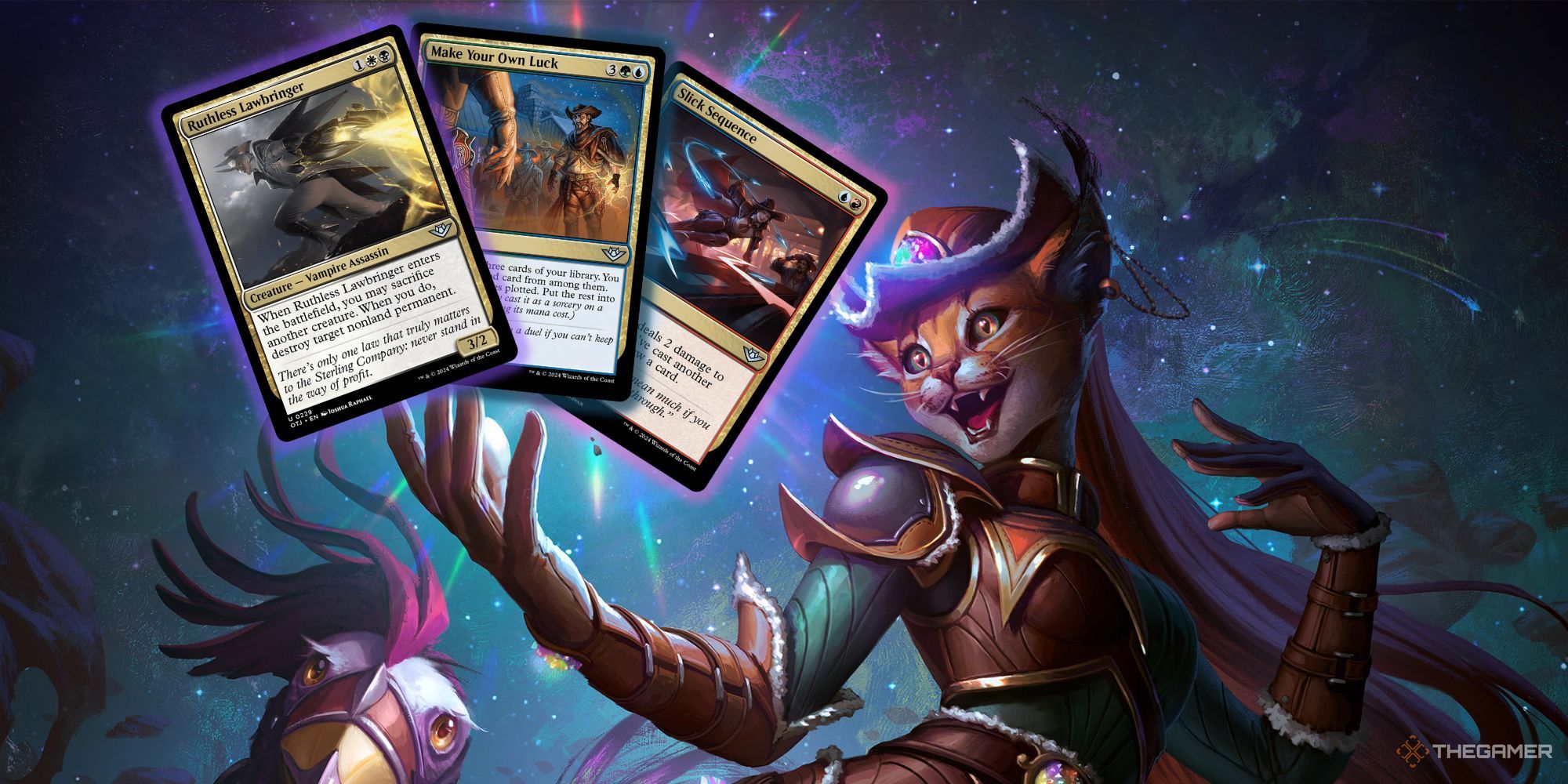Building your current first Magic: The Gathering deck can easily be an exciting yet daunting process. With thousands of cards and a great number of strategies to look at, it's easy in order to feel overwhelmed. However, this ultimate guideline will equip an individual with everything a person need to make a deck that will not only reflects your style nevertheless also takes on the competition. Whether you're looking to develop a powerful tournament-ready deck or something informal for fun with friends, the foundational principles of deck building remain the same.
Within this guide, we will walk you by way of step-by-step how to make15442 some sort of Magic: The Gathering deck that may be equally balanced and uniquely yours. You will see how to choose the right color combinations, understand the value of mana, creatures, and spells, in addition to avoid common issues that many beginners face. With the right tips in addition to strategies available, you'll be on the right path to crafting complete deck in not any time. So grab your cards, expand your creativity, and let’s dive into the associated with outdoor patio building!
Key Aspects of the Winning Deck
Building a new successful Magic: The Gathering deck calls for a solid comprehending of its key element components, which generally consist of dimana, creatures, and means. Mana serves as the backbone associated with your deck, allowing you to cast spells plus summon creatures. It's crucial to possess a balanced dimana base that supports the colors you're using, ensuring you can consistently participate in your cards as needed. Aim for around 40% of the deck to be devoted to land greeting cards, as this can provide a well balanced base for your strategy.

Pets are the main means through which usually you can win game titles, acting as your current attackers and defenders. When selecting beings, consider their mana cost, abilities, and even how they synergize with your overall strategy. A well-constructed deck will generally include a blend low cost creatures that could swarm the board earlier, alongside stronger ones that can swing action the game in your favor later on. Give attention to the balance between animals and spells in the deck to maintain pressure on the opponent while maintaining your options flexible.
Means can dramatically affect the course involving a game, providing different effects that can easily assist in your own offensive strategy or even defend against your opponent's moves. Incorporate a balance of elimination spells, countermagic, and other utility spells to address diverse scenarios you might encounter during a complement. By carefully picking spells that enhance your creatures in addition to overall strategy, a person can enhance the deck's effectiveness in addition to adaptability in numerous conditions.
Budget-Friendly Deck Building Methods
Building a competitive Magic: The Gathering terrace doesn’t have to break the loan company. One of the ideal strategies is to be able to focus on basic piece cards that offer strong utility with no being too costly. Seem for https://lamoodcomics.ca/pages/magic-the-gathering which were around for some sort of while and they are accessible in multiple sets. These often have got affordable prices due to their abundance. Prioritize cards that in shape well into your current chosen strategy, ensuring they serve several purposes within your deck.
Another effective approach is to look for reprints, which frequently occur in units like core models or special items. Reprinted cards usually see significant selling price drops and is useful additions to your deck. Additionally, look at looking into significantly less popular cards of which may not be seeing that flashy but may still provide imperative roles or capabilities. Sometimes, the most difficult gems can overcome their more renowned counterparts.
Finally, exploring alternate formats or types of games can help you save funds. Formats like Commander or Pauper work with different rulesets that can allow for finances builds without sacrificing fun or competition. By using normal or less sought-after cards, you can easily still build a good engaging deck while staying mindful regarding your expenses. Taking on these strategies goes a long approach in crafting a strong deck on a tight budget.
Typical Mistakes to Avoid
Single of the many common mistakes new players make is usually failing to stability their mana and spell ratios properly. A deck of which is overweight about high-cost spells can easily lead to conditions where you cannot carry out anything during the early game, significantly limiting your alternatives. Aim for a mix of both low-cost and even mid-cost cards when ensuring you possess enough lands to be able to support your audition needs. A general principle of thumb is definitely to have all-around 40% lands and 60% spells, nevertheless this can fluctuate depending on your deck's specific method.
One more frequent pitfall is definitely neglecting the synergy between cards. Whenever creating a Magic: The Gathering deck, this is crucial to pick cards that enhance each other in addition to work toward some sort of common strategy. Stay away from the temptation in order to include cards simply because they are powerful individually. Alternatively, focus on developing a cohesive deck wherever your creatures, spells, and abilities enhance each other and give rise to your overall game plan. This will likely greatly increase your current chances of winning.
Lastly, a lot of beginners overlook the need for playtesting their decks. It is usually essential to test out your deck against various opponents in addition to strategies to see how it performs inside real gameplay. This technique helps identify flaws and allows you to adjust greeting card choices and strategies accordingly. Iterating centered on playtesting will certainly significantly improve your current deck-building skills in addition to ensure your design is competitive and enjoyable to experience.
